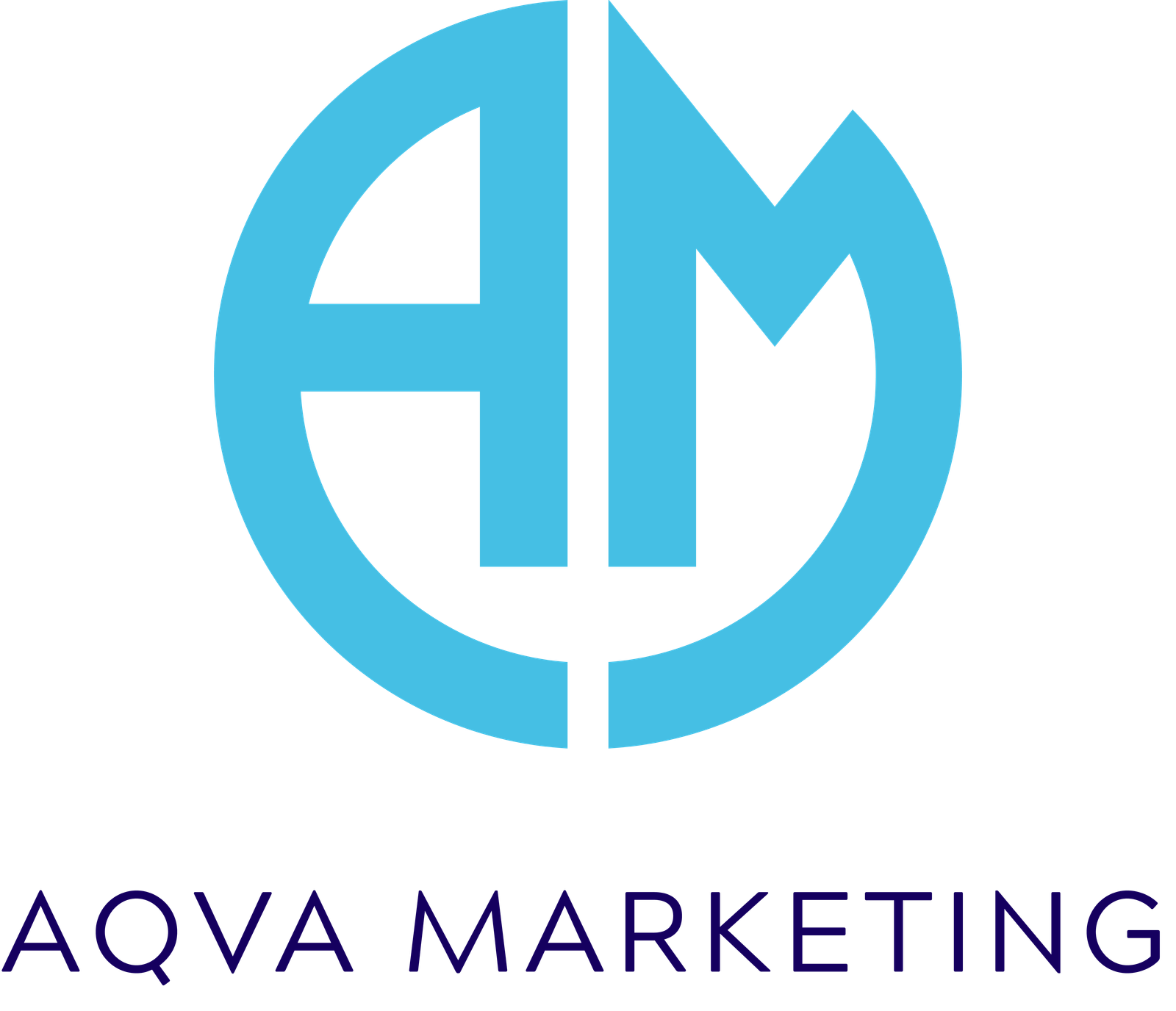
The internet has changed the way businesses grow, and you must know about these 8 types of digital marketing if you do not want your customers to be lured away by your competitors.
People don’t wait for a sales call or a billboard anymore. They discover you online, they judge you online, and most importantly, they decide whether to buy from you online.
That’s why digital marketing is not optional. It’s the oxygen every business needs today. But here’s the thing, digital marketing is not just one strategy. It’s not just running a few Facebook ads or writing a blog here and there. It’s a mix of approaches. Each plays its part.
At Aqva Marketing, we call them the 8 types of digital marketing every business must know. If you ignore even one, you’ll find yourself playing catch-up with your competitors.
Let’s talk about them.
1. Search Engine Optimization (SEO)
Imagine opening a store on the busiest street in your city but keeping the lights off. That’s what happens when your website doesn’t show up on Google.
SEO is the art of showing up where people are searching. And if you’re not there, you’re invisible. Research shows 68% of all online experiences begin with a search engine. That number should be enough to tell you why SEO matters.
We’ve seen businesses that barely got any leads online suddenly become market leaders just by fixing their SEO. Without the gimmicks or shortcuts, but just with clear, solid optimization that brings the right people to their site.
2. Content Marketing
SEO may get people to your site. But content is what makes them stay, listen, and trust you.
Blogs, guides, videos, and even that little Instagram post are all content. Content is how you tell your story and prove your expertise. Without it, you’re just another name on the internet. With it, you become a brand people believe in.
One of the brands we worked with in the fitness space turned things around simply by writing practical, helpful blogs. Nothing fancy. Just genuine solutions to problems their customers faced. Within months, their content was pulling in leads around the clock. That’s content marketing.
3. Social Media Marketing

Social media is where your brand comes alive or gets ignored.
Here’s the truth: people don’t come on Instagram or LinkedIn to see ads. They come to see stories. The brands that win are the ones that show up as human, not corporate.
A small fashion brand we saw grow on Instagram did it without huge ad spends. Their secret? They showed real videos of their artisans at work, the process behind every piece. Customers didn’t just buy clothes; they bought into the story.
4. Pay-Per-Click Advertising (PPC)
Organic growth takes time. Sometimes, you need speed. That’s where PPC comes in.
PPC is like taking the fast lane. You run ads on Google, Facebook, or Instagram, and your brand shows up instantly. But here’s the warning: it can burn your money quickly if you don’t know what you’re doing.
We’ve seen e-commerce brands double their revenue in a few months with well-planned campaigns. We’ve also seen businesses waste lakhs with poorly managed ads. PPC works, but only if you know how to work it.
5. Email Marketing
An email lands directly in your customer’s inbox. No algorithm blocking it, no “reach limits” like social media. And when you personalize it, it works wonders.
One of our clients sent out personalized product recommendations through emails and saw a 30% jump in clicks. That’s not luck. That’s the power of talking directly to your customer, one-on-one.
6. Influencer Marketing
We live in an age where people trust other people more than they trust ads. That’s why influencer marketing has exploded.
And it doesn’t always mean signing up a celebrity. Micro-influencers, those with smaller but loyal audiences, often create a bigger impact. We’ve seen a skincare brand collaborate with influencers who just had 10,000 followers, and still, their sales shot up by 35%.
When someone your customers already trust vouches for you, your credibility goes up instantly.
7. Affiliate Marketing
Think of affiliate marketing as having an army of salespeople, but you only pay them when they deliver.
Bloggers, creators, and websites promote your products. And every time they make a sale, they earn a commission. It’s simple, effective, and low-risk.
Amazon is the biggest example of this. But even smaller businesses are using affiliate marketing to grow without heavy upfront costs.
8. Mobile Marketing
We don’t need stats to know that we live on our phones. From shopping to ordering food to reading the news, it all happens there.
That’s why mobile marketing is no longer “optional.” It’s essential. From SMS campaigns to push notifications to apps, it’s about reaching your customer where they spend most of their time.
Look at Starbucks. Their app doesn’t just let you order coffee. It sends personalized offers, reminders, and rewards, keeping customers hooked and loyal. That’s mobile marketing done right.
Final Word
The 8 types of digital marketing are not isolated tools. They’re pieces of a bigger picture. SEO gets you discovered. Content makes people trust you. Social media connects you with them. PPC gets you instant results. Email keeps the conversation going. Influencers build credibility. Affiliates expand your reach. Mobile keeps you close to your customer.
At Aqva Marketing, we don’t treat these as separate checkboxes. We see them as a system, an ecosystem that works together to grow your brand. Because in the digital world, being present is not enough. You need to be powerful, memorable, and trusted.
